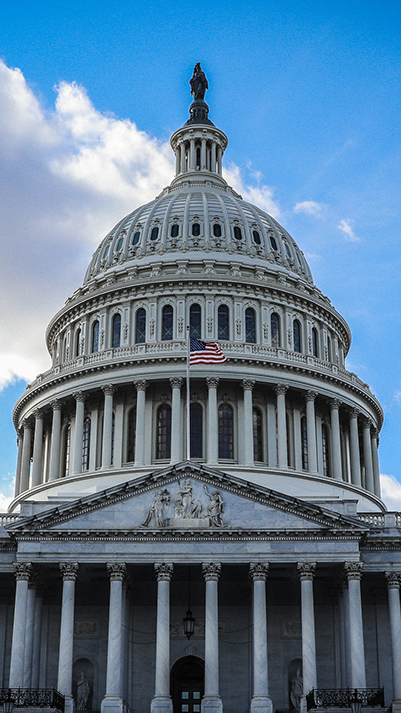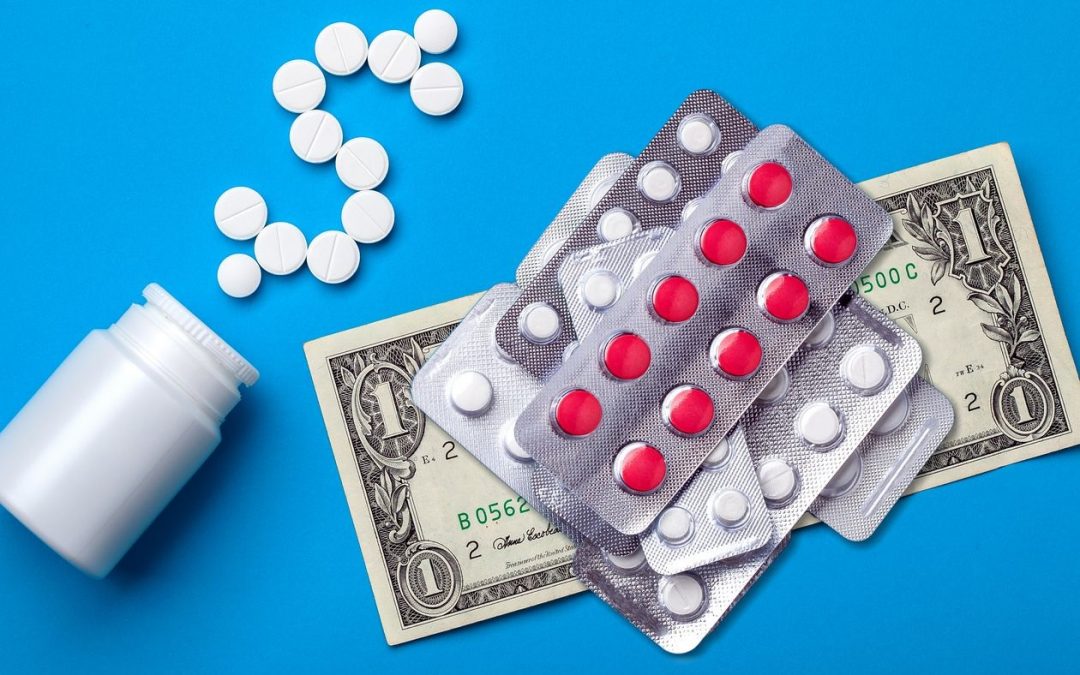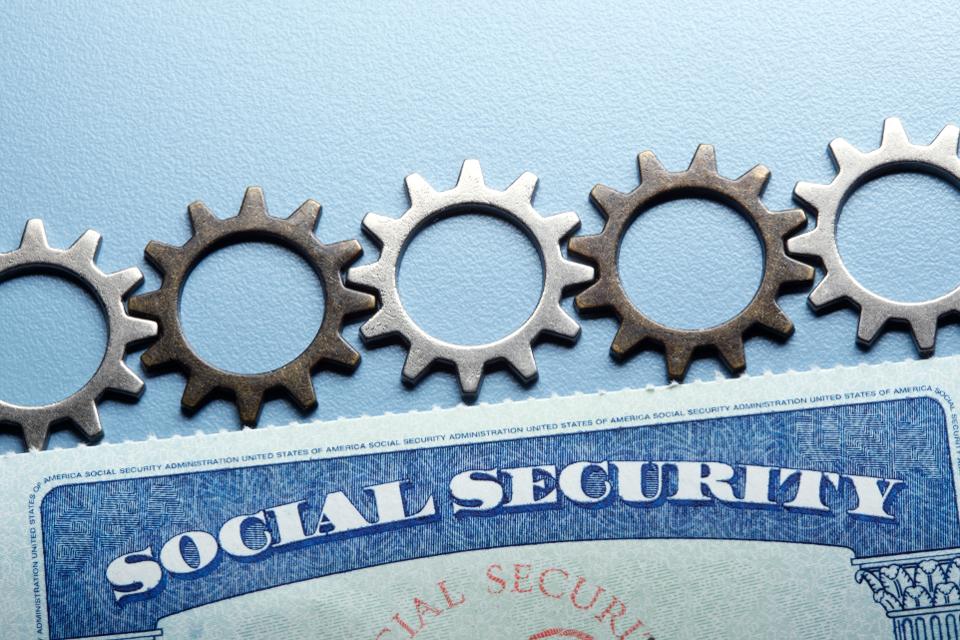Do you have a mortgage on your house? And instead of paying off the mortgage are you investing money elsewhere? If so, then you are borrowing (from a mortgage company) at one rate and using the funds to invest at a lower rate – after adjustment for risk. Larry Kotlikoff says it makes more sense to pay off the mortgage – especially under the new tax law.










